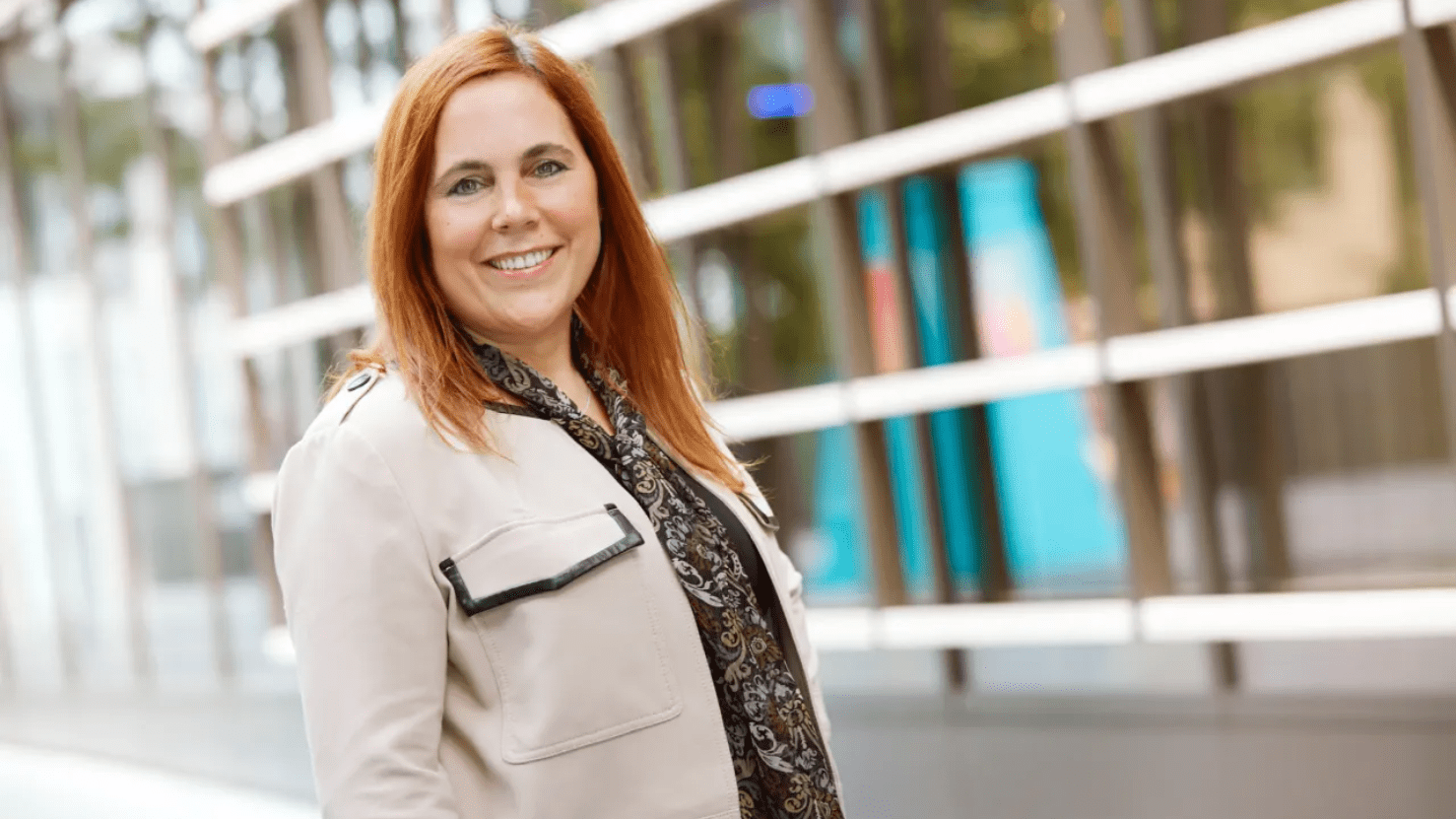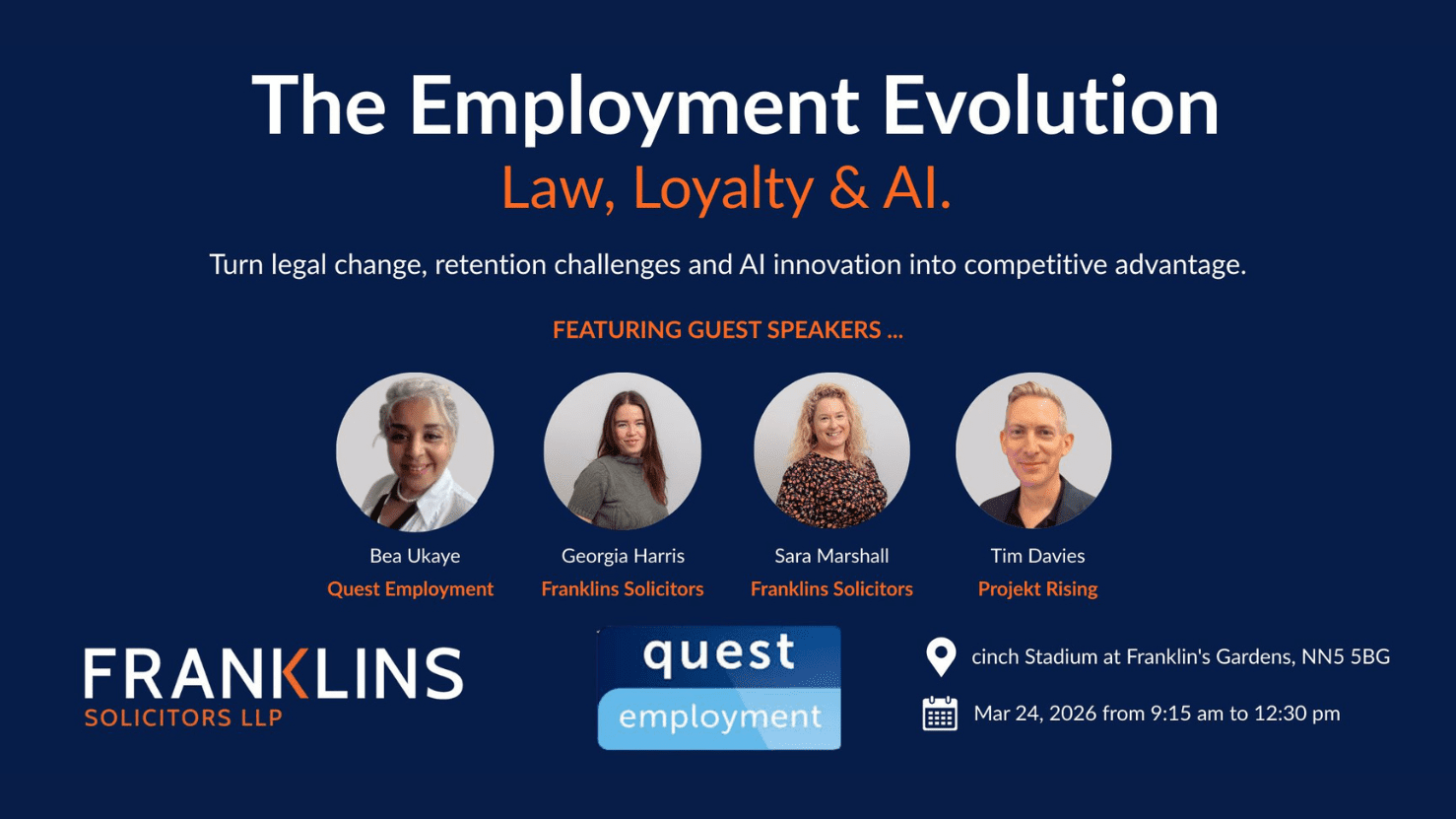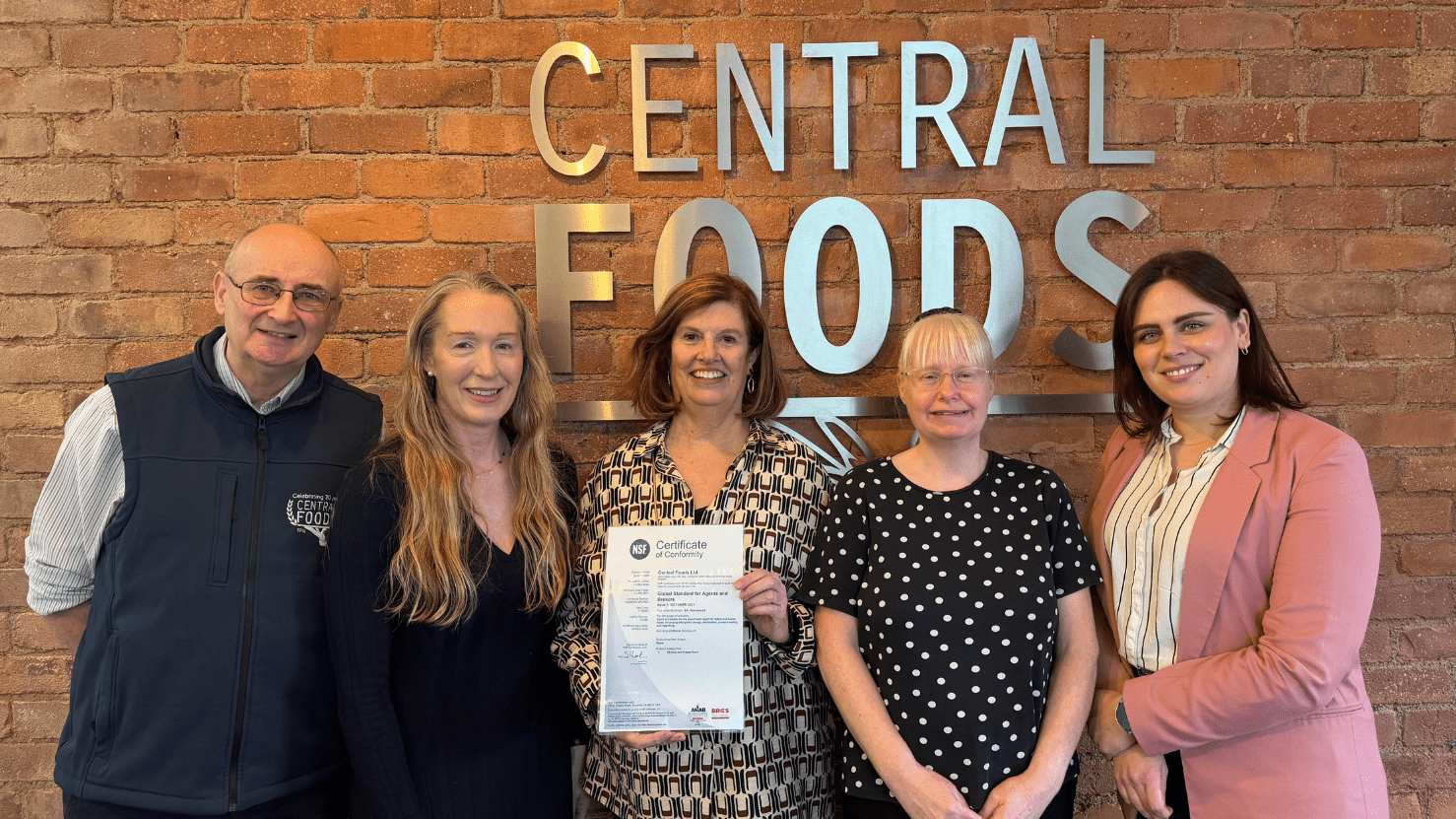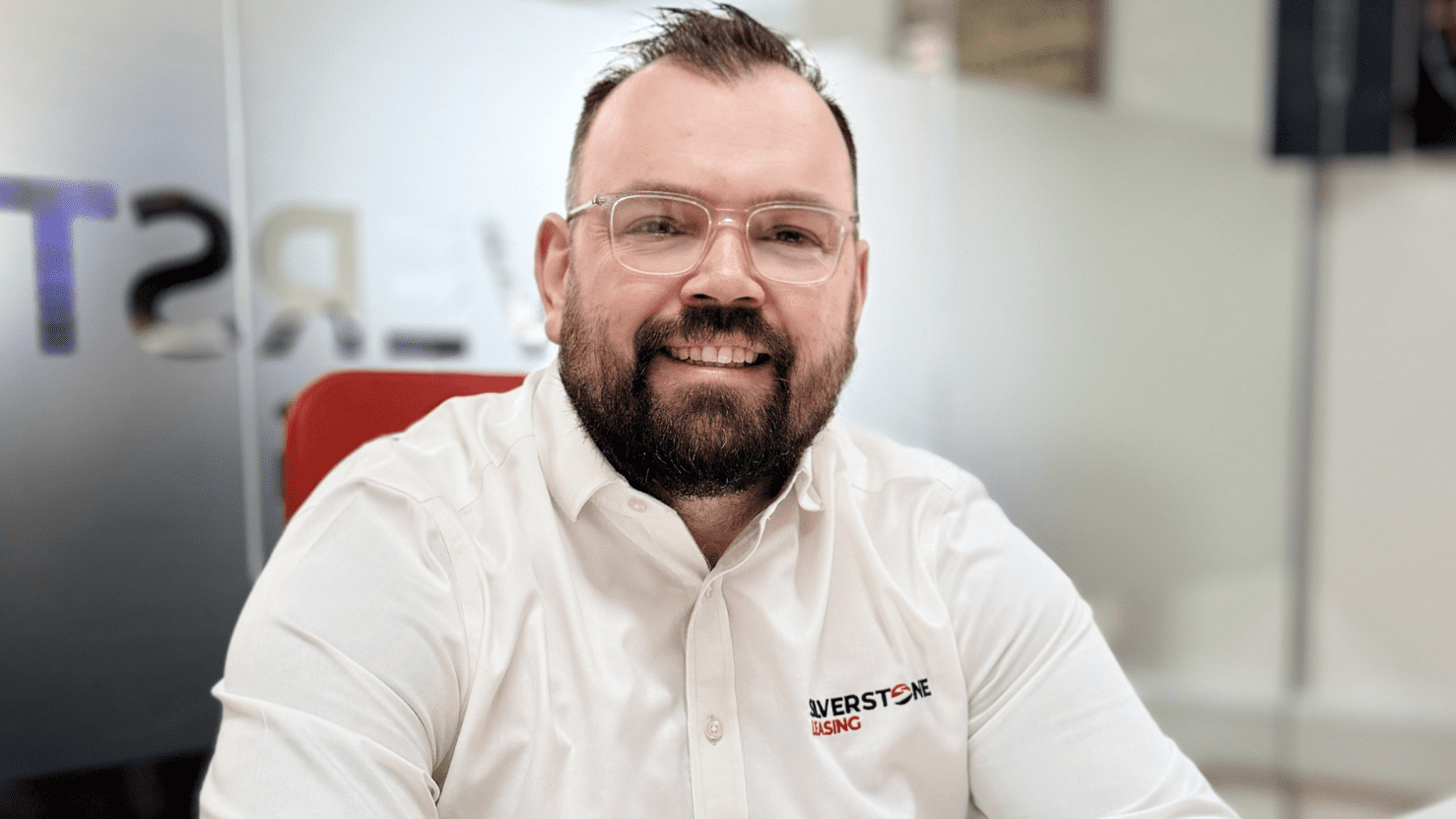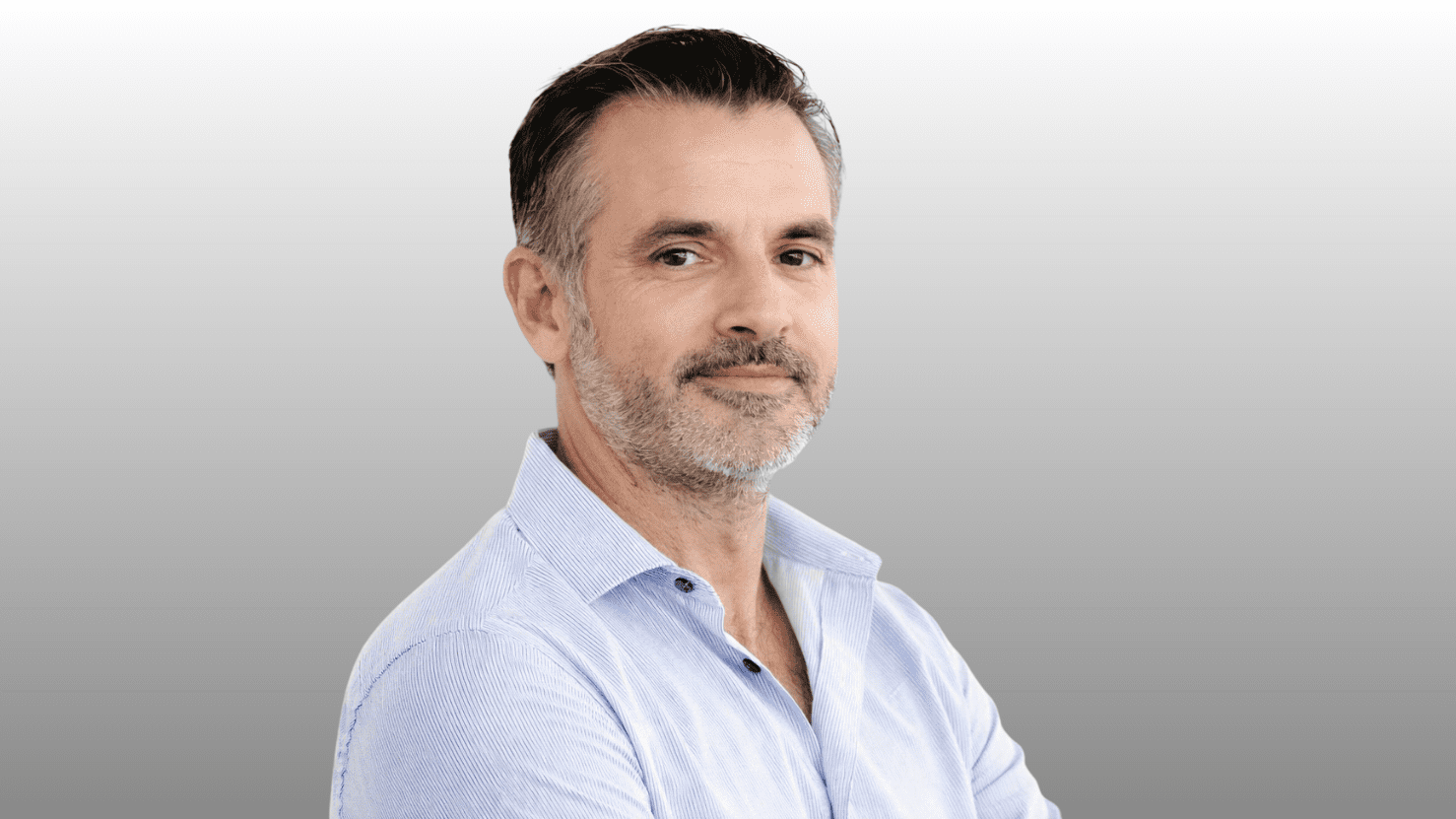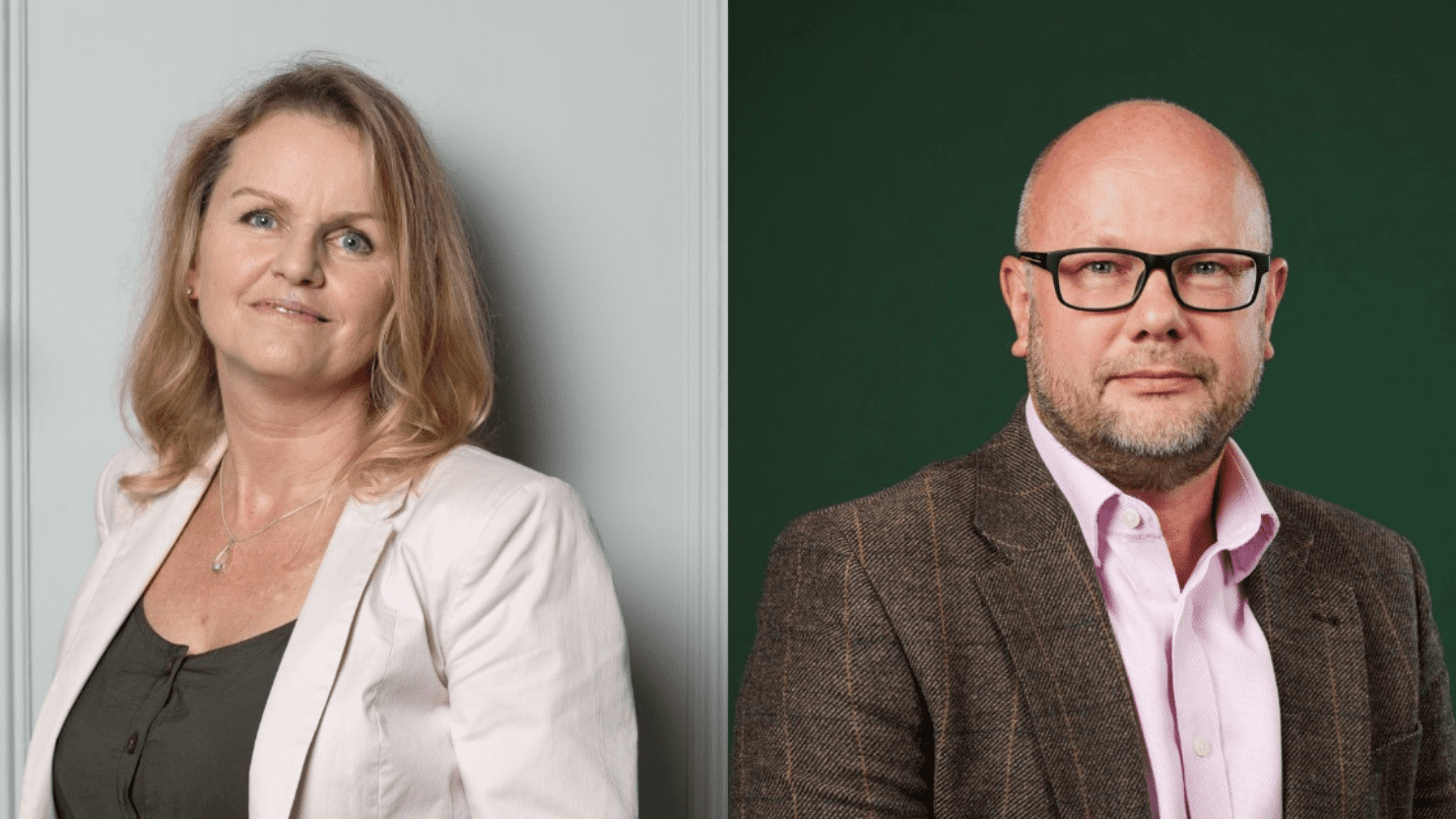Jo Salter MBE made history as the UK’s first female fast jet pilot, breaking barriers in one of the most male-dominated professions. Today, she is an influential voice on leadership, resilience and creating inclusive workplaces, drawing on her extraordinary career in the Royal Air Force and beyond.
Today, Jo serves as a Director at PwC, where she applies her frontline experience to corporate leadership, strategy and culture. She is passionate about helping organisations build high-performing teams and to navigate change and embrace inclusive leadership practices.
In an interview with The Motivational Speakers Agency, Jo shared her insights on building high-performing teams and navigating corporate transformation, and gave her take on empowering women in leadership, offering lessons that remain just as relevant in the boardroom as they are in the cockpit.
From your perspective, what truly differentiates a high-performing team from an average one?
We talk about teams a lot and I think everybody knows what it’s like to feel in a really good team. I wonder, when we think about high-performing teams, what’s the difference?
In my view, it’s about a level of emotional investment. It’s about feeling a responsibility not only to what you’re doing but to those around you. It’s being able to give that in-the-moment feedback that is received in a positive way and given in a positive way. It’s this virtuous circle that builds and builds as, together, you achieve more.
How does workplace culture directly influence employee wellbeing and performance?
We bring all of the anxieties that we have from our childhood, from our everyday life, all of the different stresses. The culture within which we work and how safe we feel psychologically has a massive impact on our ability to feel well, to be who we are. Really, that culture, of course, is only made up of all of the people that are within your organisation.

What does inclusive leadership mean in practice, and what advantages does it bring to organisations?
Inclusive leadership for me is really about understanding the people that you’re working with and coming to them with a humility that respects who they are and what they bring to the team.
It’s really understanding your own impact and having that self-awareness that the experiences that you’ve lived with might not be the experiences and the view that others have.
I think the benefit that this brings is people can bring themselves to work. They can be authentic with who they really are and focus on performance rather than anxiety, and feel that level of psychological safety which you might just not get in another circumstance.
What strategies have you found most effective for managing transformational change and re-energising demotivated teams?
The first thing I’d start with is if you have a demotivated team, it’s important really to get to know them, to understand why they’re demotivated. What is it that they’re unhappy with?
I’m a massive advocate of the Ted Lasso leadership style, and if you haven’t watched it then I highly recommend it. There’s so much to be learned from that. When we think about transformation and overlay that on top, again, people are worried about what that means to them, to their future. We aren’t naturally people who want to undergo change, yet we live in a world which is encouraging change all the time. Change has become almost the new norm in many, many ways.
So, communication and engagement with those right people and listening, and having empathy to the journey that they’re going on, really helps build that motivation and it helps drive that successful transformation.
What advice would you give to women building their careers in traditionally male-dominated sectors?
As a woman who lived in and worked in a very male-dominated sector, I would say to other people that it’s so important to be yourself. Because it can be hard. We can think that we should change who we are, and I certainly did that when I was younger. I think if you can just be honest with who you are and, again, authentic, which is a theme that I suppose I bring to almost everything I do, and put your brave boots on, and don’t accept things if they’re not all right.
We are human beings who are trying to achieve and succeed in what we’ve set out to be, and that diversity of thought, and diversity of individuals that we have, is what helps build a high-performing team.
This interview was conducted by Jack Hayes of The Motivational Speakers Agency.
Find out more on the Motivational Speakers Agency website.


